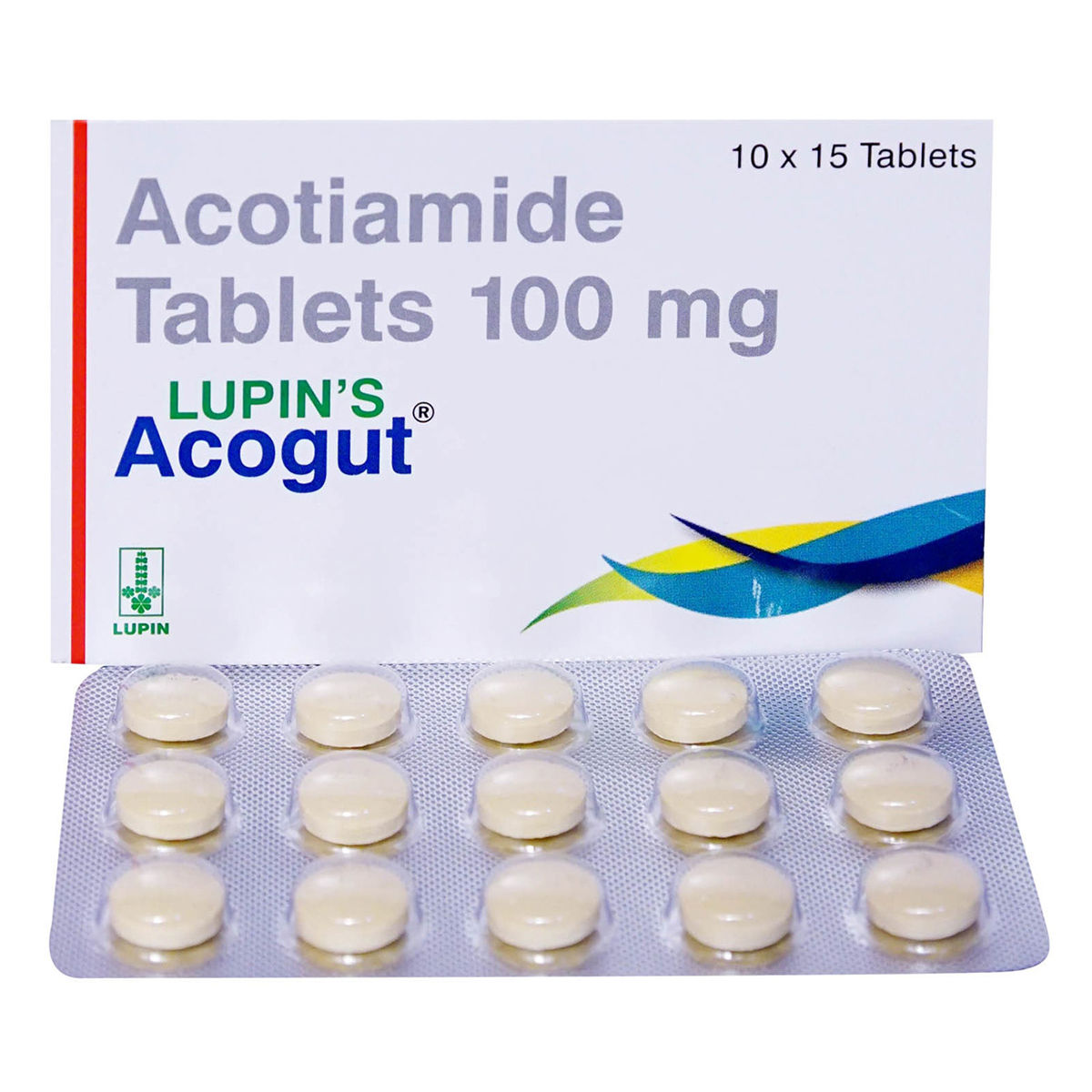Acotiamide Hydrochloride
About Acotiamide Hydrochloride
Acotiamide Hydrochloride belongs to a class of drugs called 'gastroprokinetics' primarily used in the treatment of functional dyspepsia (indigestion). Functional dyspepsia is a term for frequent signs and symptoms of indigestion that have no obvious cause. Symptoms include stomach pain, burning sensation, bloating, feeling of fullness, and nausea after meals.
Acotiamide Hydrochloride contains 'Acotiamide hydrochloride' that increases the level of acetylcholine, which increases the gastrointestinal peristalsis movement. Thereby, it increases intestine motility, accelerates gastric emptying time, and improves food movement throughout the gastrointestinal tract.
Take Acotiamide Hydrochloride as prescribed by your doctor. You are advised to take Acotiamide Hydrochloride for as long as your doctor has prescribed it for you, depending on your medical condition. In some cases, Acotiamide Hydrochloride may cause headache, diarrhoea, constipation, rashes, and dizziness. Most of these side effects of Acotiamide Hydrochloride do not require medical attention and gradually resolve over time. However, if the side effects persist or worsen, please consult your doctor.
If you are known to be allergic to Acotiamide Hydrochloride or any other medicines, please tell your doctor. If you are pregnant or breastfeeding, please inform your doctor before taking Acotiamide Hydrochloride. Acotiamide Hydrochloride may cause dizziness, therefore, do not drive or operate machinery unless you are alert. The effect of Acotiamide Hydrochloride with alcohol is unknown; it is advisable to inform your doctor before consumption of alcohol with Acotiamide Hydrochloride.
Uses of Acotiamide Hydrochloride
Medicinal Benefits
Acotiamide Hydrochloride is primarily used in the treatment of functional dyspepsia (indigestion). It helps relieve the symptoms like bloating after a meal, pain/discomfort in the upper abdomen, and early satiety (feeling full after eating only a little food). Acotiamide Hydrochloride works by increasing the level of acetylcholine, which increases the gastrointestinal peristalsis movement. Therefore, it increases intestine motility, accelerates gastric emptying time, and improves food movement throughout the gastrointestinal tract.
Directions for Use
Storage
Side Effects of Acotiamide Hydrochloride
- Headache
- Diarrhoea
- Constipation
- Rashes
- Dizziness
Patients Concern
Disease/Condition Glossary
Functional dyspepsia (FD): Functional dyspepsia is a term for frequent signs and symptoms of indigestion that have no obvious cause. Some ways to decrease discomfort caused by functional dyspepsia include medications, lifestyle changes, and therapy. Symptoms include stomach pain, burning sensation, bloating, feeling of fullness, and nausea after meals.
FAQs
Acotiamide Hydrochloride contains 'Acotiamide hydrochloride' that increases the level of acetylcholine concentration, which increases the gastrointestinal peristalsis movement. Therefore, it increases intestine motility, accelerates gastric emptying time, and improves food movement throughout the gastrointestinal tract.
Avoid foods that can worsen your symptoms, like citrus fruits, coffee, high fat, pickled and spicy foods.
Acotiamide Hydrochloride is not recommended for people suffering from gastrointestinal haemorrhage (bleeding in the gastrointestinal tract), mechanical obstruction (physical blockage of the small intestine), or perforation (small hole in the intestine).
Acotiamide Hydrochloride may cause diarrhoea as a common side effect. However, if the condition persists, worsens with fever, watery stools, or consistent stomach pain, please consult a doctor. Also, drink plenty of water while taking Acotiamide Hydrochloride to prevent dehydration.








